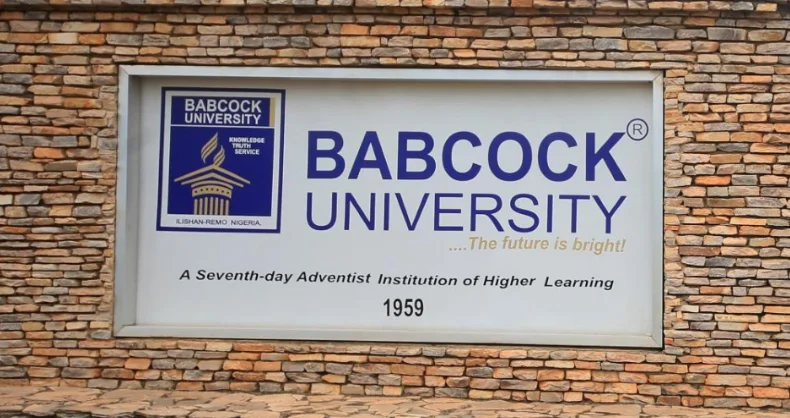COREN requests continued funding from FG


In an effort to improve the effectiveness of regulating engineering education, training, and practice, the Council for the Regulation of Engineering in Nigeria (COREN) has asked the federal government to reconsider its decision and reinstate the Council’s funding system.
Prof. Sadiq Zubair Abubakar, president of COREN, made the statement yesterday during a press event to celebrate the occasion of the 32nd COREN Engineering Assembly, which will be held at the ThisDay Dome in Abuja from August 5th to 7th, 2024.
According to Abubakar, funding is required to ensure that engineering practitioners are well-trained following global standards, which will protect residents’ lives and property and prevent failures in engineering infrastructure.
While responding to the current FGN Administration’s goals, he stated that his Council has approved the resuscitation of the Supervised Industrial Training Scheme in Engineering (SITSIE) under the new name of Engineering Residency Programme (EREP) and that he intends to engage the National Assembly to seek legislative support for its funding by the Industrial Training Fund (ITF) in accordance with existing law.
He added that it is a one-year post-graduate training programme for all engineering graduates from an accredited university or polytechnic, designed to meet practical experience requirements for registration with COREN as a professional engineer or an engineering technologist, similar to the practices of the medical and pharmaceutical professions.
In response to COREN’s call to action to address the country’s ongoing failures of engineering infrastructure, particularly building collapses, Abubakar stated that the Minister of Works, Engr. David Umahi, would establish a National Technical Committee to drive the ERME at the national level, similar to the existing practice at the regional and state levels. The ERME inspectors will be backed by the Engineering Intelligence & Surveillance (EIS) Task Force and EIS Whistle Blowers at the national, regional, and state levels.









